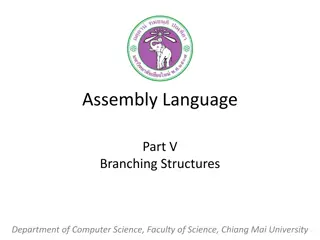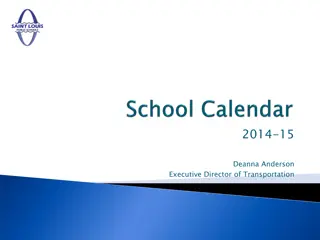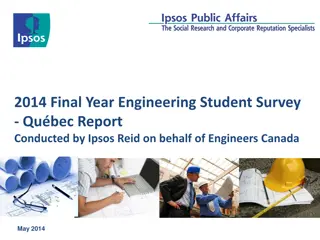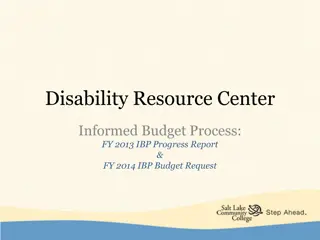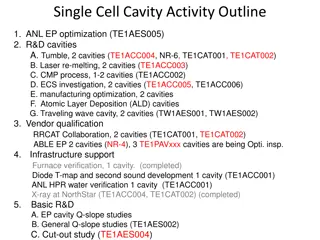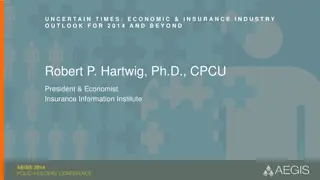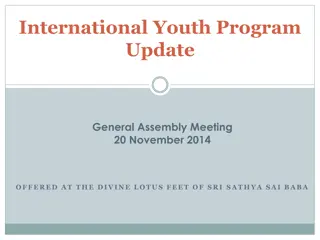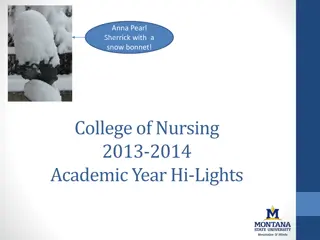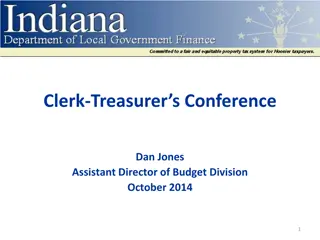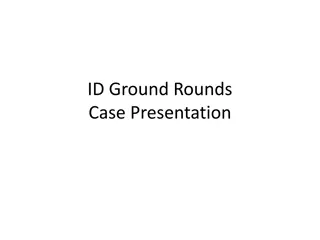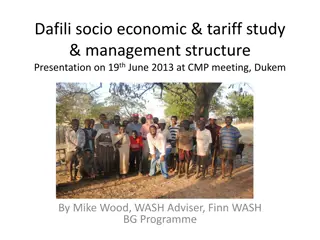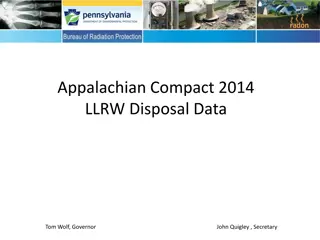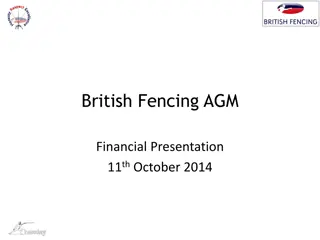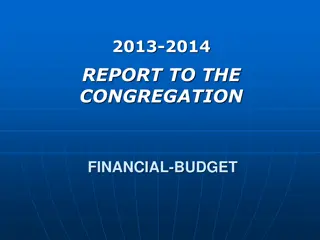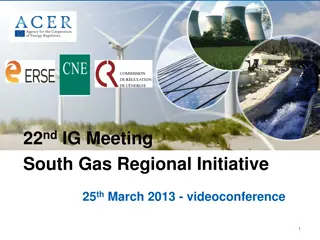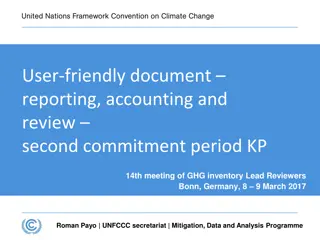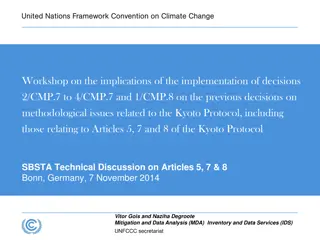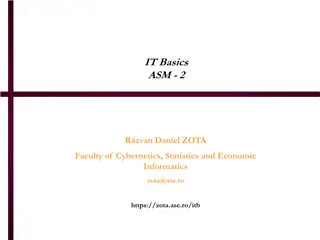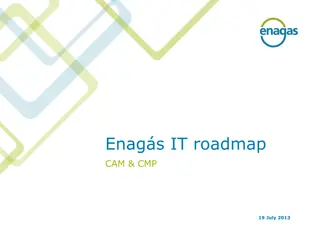
Innovative Approach to Protected Area Management Effectiveness Assessment
"Learn about Conservation International's METT program, a tool for assessing the management effectiveness of protected areas. Explore why CI is interested in PAME, the process of METT development, successes, challenges, and key statistics. Discover how CI fosters partnerships, engages stakeholders, and addresses gaps in funding and staff support for conservation efforts."
Download Presentation

Please find below an Image/Link to download the presentation.
The content on the website is provided AS IS for your information and personal use only. It may not be sold, licensed, or shared on other websites without obtaining consent from the author. If you encounter any issues during the download, it is possible that the publisher has removed the file from their server.
You are allowed to download the files provided on this website for personal or commercial use, subject to the condition that they are used lawfully. All files are the property of their respective owners.
The content on the website is provided AS IS for your information and personal use only. It may not be sold, licensed, or shared on other websites without obtaining consent from the author.
E N D
Presentation Transcript
Mainstreaming the METT Bailey Evans Conservation International
Why is CI Interested In PAME? Supports Conservation of Critical Natural Capital Adaptive Management (in field & executive) Allows for time-scale M&E, and refining strategy Fosters support from partners and stakeholders
What is the METT? An assessment (scorecard) of the management effectiveness of a PA Utilized by donors (foundations, multi-laterals, etc.), civil society, and NGOs to monitor management of a PA A subjective approach which should be participatory to assessing the conditions of management within a PA Themes Assessed: management plan, budget, demarcation, gazettement, protection, enforcement, community engagement & monitoring, etc.
CIs Process Research Development of CI s METT through adaptation of the IUCN/WWF Management Effectiveness Tracking Tool (METT) and the World Bank MPA Scorecard Began Assessments in 2013 Completed by Field Programs Annually in August Data Consolidated & Analyzed Reported to Board of Directors on Natural Capital Achievements
Successes Gathered 200+ Assessments for 2 Years Now an Institutional Standard Fostered New Partnerships and Stakeholder Relations in Field Program Countries Provided Opportunity for National-Level Policy Engagement Identified gaps funding, staff, etc. Translated to Spanish (soon Portuguese, French, & Bahasa Indonesia)
Challenges Unfunded Initiative Getting Institutional Buy-In Ensuring [Accurate] Completion of Scorecards by Field Programs Database Management & Analysis Fostering an Understanding of Results Maintaining Momentum for M&E in Institution Staff turnover in Field Programs Capacity Building on M&E in general .
Statistics 2013: 134 Assessments in 20 Countries 2014: 156 Assessments in 18 Countries Average change in management effectiveness across the board was +3 between the two years (out of 100)
Interest to CMP Standard Approach Able to link PA management outcomes to use of Open Standards Supports tracking Aichi Targets Link to Broader PAME efforts & Global Database by WCMC
Bolivia Example - Use of same-color scale within countries - Has a grading of 10 - Minimum score of 24 - Maximum score of 87 - Allows for time-scale monitoring of management effectiveness - Visualizes and centralizes data [storage]
Come here more about Getting institutional support Operational processes (25+ country reporting) Ideas for analysis and linking to impact
Thanks! Bailey Evans Manager, Field Program Management bevans@conservation.org

